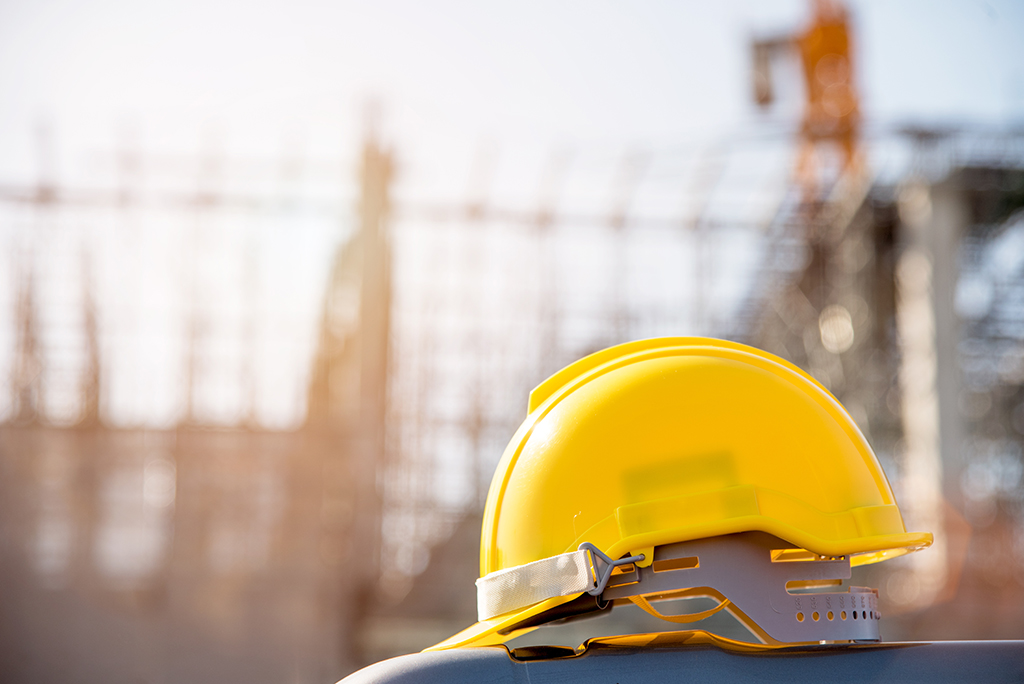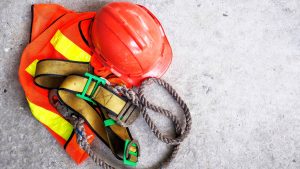B.C. construction employers are objecting to changes being proposed to the province’s hard hat regulations by Labour Minister Harry Bains in response to concerns raised by the Sikh community.
The Council of Construction Associations (COCA) and the Vancouver Regional Construction Association (VRCA) argue that relaxing the rules governing use of hard hats on construction sites in order to accommodate religious beliefs is neither safe nor practical for the industry and workers.
The organizations have outlined their concerns to WorkSafeBC and called on the organization to take a sober second look at the changes.
They maintain that the requirement to wear hard hats has been a fundamental part of construction site safety for decades and should not be changed.
COCA president Dave Baspaly says employers are all in favour of religious freedom and appreciate the work that members of the Sikh community do in construction, but relaxing the rules to accommodate religious beliefs would undermine the safety of workers on jobsites.
“The number one thing that I want to get across is that we absolutely believe in religious freedom and to practice any way you want,” he explains. “The challenge with this is that over the last 50 years, for example, the construction industry really worked hard to create a strata of bedrock safety provisions that protect people for the eventuality that something goes wrong.
“We just want everyone to go home and that allows everybody to practice their religious freedom, to be quite frank.”
Bains has asked WorkSafeBC’s board of directors to consider changes to the Occupational Health and Safety Regulation (OHSR) Part 8, Personal Protective Clothing and Equipment (Hard Hats). Under the current regulation, safety headgear must be worn by a worker in any work area where there is a danger of head injury from falling, flying or thrown objects, or other harmful contacts.
The Sikh community maintains employers are effectively applying this section as a blanket requirement, resulting in turban-wearing Sikh workers not being able to fully participate in the workforce.
Construction employers oppose any changes because they maintain it would create a confusing and frustrating set of criteria for the wearing of hard hats and put the safety of workers in jeopardy.
“We know we’re on the right side of history with that,” says Baspaly. “I couldn’t live with myself if somebody on a worksite dies because we didn’t fight this issue.”
Construction jobsites are incredibly complex and can be dangerous, he notes, and employers are required by law to do everything they can to prevent injuries to workers.
“If you pull out basic personal protective gear, you put people at risk. The science is categorically clear on that.
“My fear is that if the minister was to win this one and say that we want to have an exemption then we will have people saying, ‘Well, I have this certain thing with my feet and I have problems with my feet so I don’t think I should wear steel-toed boots.’ It might crack open the conversation on that.”
The VRCA sent a letter to WorkSafeBC calling for changes to the regulation to be scrapped on the basis that it would compromise safety.
“We respect religious freedom for all Canadians,” explains VRCA president Fiona Famulak. “However, we can not accept the proposed changes to the hard hat regulation on the basis they are neither safe nor practical for the construction industry and will invariably put workers at risk of injury or fatality.”
The VRCA maintains that if exemptions are implemented, it will result in unnecessary confusion for employers and workers, require significant monitoring and administration and expose organizations and workers to legal liability.
“Our members work on a variety of construction projects across British Columbia and Canada,” Famulak states in the letter. “Conditions on a construction site change constantly as a project progresses. One constant, however, is our members’ commitment to ensuring all workers are protected from falling, flying or thrown objects, or other harmful contacts, and return home safely each day.”
The proposed changes to OHSR Part 8 appear to be designed to accommodate religious beliefs over workplace safety, says Famulak.
“They are ill-informed, impractical and irresponsible changes that undermine the universal requirement to wear a hard hat on site that has been a fundamental part of site safety for decades.”











Recent Comments
comments for this post are closed